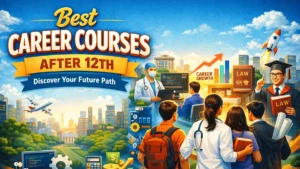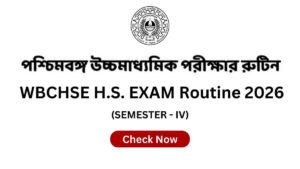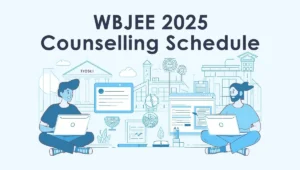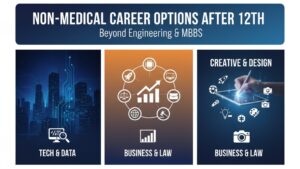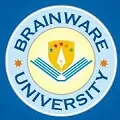Artificial Intelligence (AI) is revolutionizing various industries, and education is no exception. As technology continues to evolve, AI has made significant strides in reshaping how students learn and how teachers teach. In this article, we will explore the impact of Artificial Intelligence in Education, how it’s transforming learning experiences, and the future potential it holds for the education sector.
Table of Contents
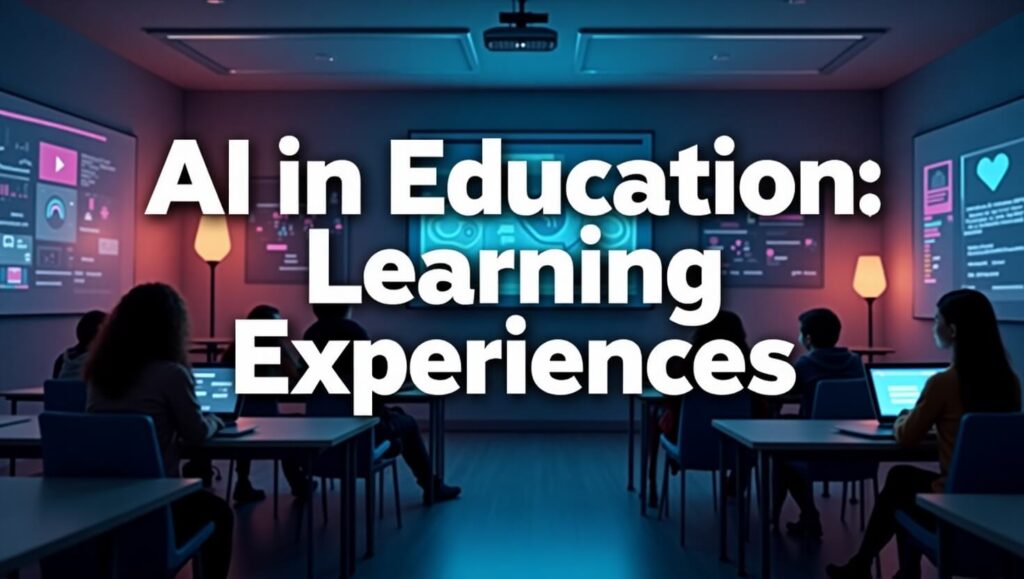
What is Artificial Intelligence in Education?
Artificial Intelligence in Education refers to the use of AI technologies to enhance and improve the learning experience. These technologies can range from personalized learning systems to chatbots that answer students’ questions, making learning more efficient and accessible.
Key Benefits of AI in Education
| Benefit | Description |
|---|---|
| Personalized Learning | AI helps tailor learning experiences based on individual student needs, abilities, and progress. |
| Automation of Administrative Tasks | Teachers can automate routine tasks, allowing them to focus more on teaching and less on paperwork. |
| Improved Learning Outcomes | AI-powered tools help students grasp concepts better by providing immediate feedback and resources. |
| Accessibility | AI tools can assist students with disabilities, making learning more inclusive. |
| 24/7 Availability | AI tools like chatbots provide answers and support to students anytime, anywhere. |
How AI is Transforming Learning Experiences
- Personalized Learning Paths AI-based platforms can assess a student’s strengths and weaknesses and provide customized learning paths. This allows students to focus on areas they need improvement and progress at their own pace.
- Virtual Tutors AI-powered virtual tutors are available around the clock, helping students with homework and difficult concepts. These tutors adapt to each student’s learning style, offering explanations in multiple ways to ensure better understanding.
- Grading and Feedback Automation Teachers can now rely on AI to automatically grade assignments, quizzes, and exams. This not only saves time but also ensures consistent and objective grading. AI can also provide instant feedback to students, helping them improve faster.
- Smart Content Creation AI is capable of creating digital content such as summaries, quizzes, and educational games. This content can be tailored to match specific curriculum goals, making learning more engaging for students.
- Data-Driven Insights AI tools can analyze vast amounts of student data and offer valuable insights into their learning habits, helping educators make data-driven decisions. This allows teachers to identify students who may need additional help, ensuring no one is left behind.
The Role of AI in Distance Learning
With the rise of online education, AI has become a crucial component in making distance learning more effective. AI can simulate in-person interactions through virtual classrooms, provide instant feedback on assignments, and even monitor student engagement.
AI and the Future of Education
The future of AI in education looks promising. Here are a few advancements we can expect:
- AI-Powered Classrooms: In the future, AI might take over routine tasks, creating more dynamic and interactive learning environments.
- AI-Enhanced Learning Tools: Expect more AI-driven apps and tools that help students and teachers improve learning outcomes.
- Global Education Reach: AI has the potential to bridge geographical gaps, offering quality education to underserved regions globally.
FAQs About Artificial Intelligence in Education
1. What are the advantages of using AI in education?
AI offers personalized learning experiences, automates administrative tasks, and improves accessibility and student outcomes.
2. How can AI help students with disabilities?
AI tools can assist students with disabilities by providing specialized learning resources, speech-to-text capabilities, and personalized content.
3. Is AI replacing teachers in classrooms?
No, AI is designed to assist teachers by automating tasks and providing personalized support to students, not replace them.
4. How does AI personalize learning for students?
AI analyzes student performance and tailors lessons and assignments to match their unique needs and pace of learning.
5. What are some popular AI tools used in education?
Some popular AI tools in education include chatbots for student support, AI-driven grading systems, and personalized learning platforms like DreamBox and Squirrel AI.


